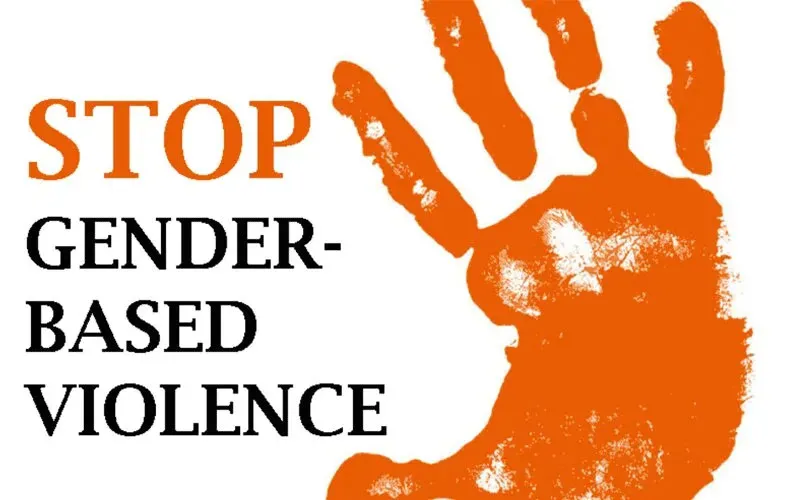Zimbabwe partners with Japan for increased access to Sexual and Reproductive Health (SRH) and Gender Based Violence (GBV) services for women and young people.
The Government of Japan has committed US$ 462,962 to strengthen SRH and GBV mitigation and response in the districts of Mbire and Shamva in Mashonaland Central Province, in a partnership with the United Nations Population Fund, the United Nations Sexual and Reproductive Health agency.
Zimbabwe is currently experiencing a multi-hazard humanitarian crisis where a protracted climate change crisis has been further exacerbated by economic instability and the COVID-19 pandemic. The multi-hazard nature of this crisis poses increased risks of exposure to GBV as well as reduced access to GBV and SRH life-saving essential services.
The Ambassador of Japan to Zimbabwe, H.E. Mr Satoshi Tanaka, said:
“Zimbabwe’s sustainable development and bright future can only be assured when women are empowered. Japan will support Zimbabwe’s efforts to build an inclusive society, where women and girls have equal rights, and GBV is no longer acceptable in any form, and where women and girls can access the full range of SRH services that they need, including psychosocial services and counselling.”
From January to November 2021, a total of 7,664 GBV cases were reported through the National GBV Hotline, representing a 16 percent increase compared to the same period in 2020 (6,600) and a 74 percent increase compared with the same period in 2019 (4,405).
In the two districts of Mbire and Shamva in Mashonaland Central Province, women and girls face a number of challenges such as food insecurity and shortages of transport to access key services, which increases their vulnerabilities to GBV. GBV also remains under-reported mainly due to factors such as the economic dependence on the perpetrator, fear of stigma and unavailability of multi-sectorial essential services.
This project will conduct community awareness activities through Behaviour Change Facilitators. To increase access to GBV and SRH life-saving essential services, the Behaviour Change Facilitators will also provide referrals to GBV survivors. In addition, two mobile One-Stop Centres will be established, providing treatment through specialised nurses, counselling and legal assistance to GBV survivors. The mobile One-Stop Centres will also provide emergency supplies, such as dignity kits, post-rape kits, and family planning supplies.
UNFPA Representative Dr. Esther Muia said GBV sadly remains a huge problem affecting at least one in three women and girls.
“As the lead agency within the UN for GBV response, UNFPA remains committed to reaching women and young people with essential services. The Government of Japan has continued to support our mandate areas over the years. We express our profound gratitude to the Government of Japan for our continued partnership to ensuring access to GBV and SRH services in Zimbabwe,” said Dr Muia.
An estimated 10,000 women, and girls, including those with special needs, will be reached through the proposed interventions.



